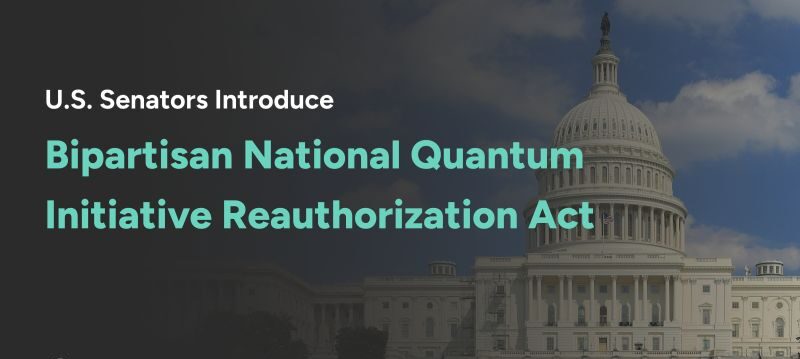SBIR/STTR reauthorization is approaching. Six strategic actions innovators should take now to stay competitive and compliant.


SBIR/STTR reauthorization is approaching. Six strategic actions innovators should take now to stay competitive and compliant.
FY26 CDMRP pre-announcements are live. Smart teams are preparing now, before official solicitations compress timelines and clarity disappears.

Army xTech | Adaptive Strike offers $1.5M in prizes. Here’s how to assess fit, risk, and next steps strategically.

Louisiana startups can access $5K in reimbursable costs to prepare SBIR/STTR proposals. Consultant fees, R&D, and more are eligible.

CDMRP’s FY26 SCIRP pre-announcement outlines research priorities and emerging funding routes for spinal cord injury investigators.

MTI offers Maine startups $5,000 in reimbursable support to strengthen SBIR or federal R&D proposals. Applications accepted on a rolling basis.

Mississippi startups can receive $3,000 to strengthen their SBIR/STTR proposals with data, consulting, or travel—rolling applications accepted.

NASA’s growing SBIR/STTR budget creates opportunity, but only for teams prepared to meet higher expectations and execution scrutiny.

As quantum funding shifts toward ecosystems, institutions must strengthen evaluation readiness to meet federal expectations for accountability, learning, and long-term impact.

New Hampshire startups can receive $5K to finalize strong SBIR/STTR proposals through UNHInnovation’s FOSTER Microgrant. Training required.